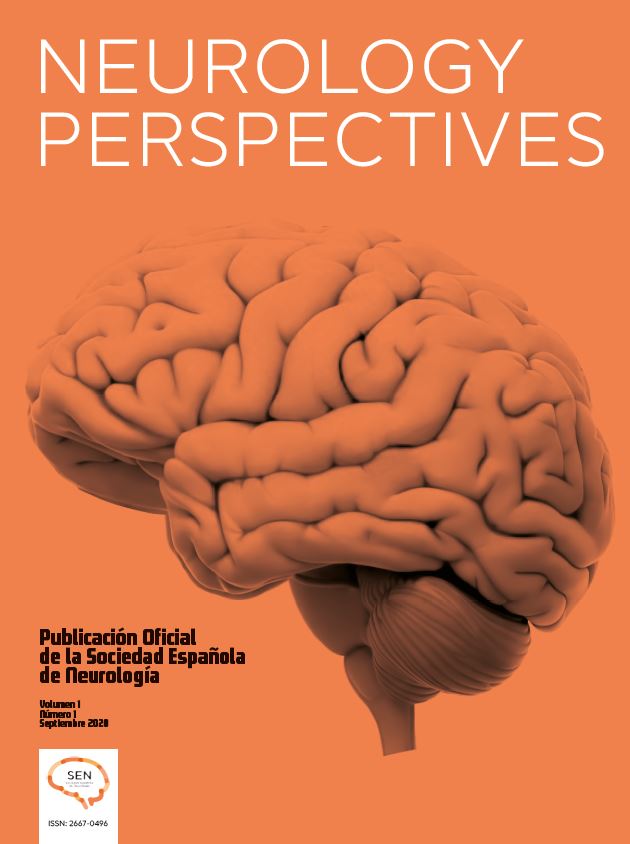
Photo from archive.org
Chorea-acanthocytosis (ChA) is an autosomal recessive disease caused by a mutation in the VPS13A gene, located on chromosome 9q21 and coding for the protein chorein. Chorein is a protein of… Click to show full abstract
Chorea-acanthocytosis (ChA) is an autosomal recessive disease caused by a mutation in the VPS13A gene, located on chromosome 9q21 and coding for the protein chorein. Chorein is a protein of 3000 amino acids, involved in the formation of the cell cytoarchitecture, exocytosis, and cell survival,1 especially in striatal neurons.2 Chorein deficit may activate autophagia and apoptotic mechanisms. It is expressed in erythrocytes, neurons, myocardiocytes, bone and muscle tissue, and peripheral nerves. Typical symptoms include psychiatric and cognitive alterations, tics, and the characteristic orofacial dystonia with biting and selfmutilation of the tongue, lips, and fingers. Patients may also present peripheral neuropathy, increased creatine-kinase (CK) levels, amyotrophy, and seizures.3 Our patient was a 28-year-old man, the second of 3 children born to consanguineous parents (first cousins) with no relevant personal history with the exception of adenoidectomy performed during childhood. His mother had been diagnosed with epilepsy and frontotemporal dementia. In 2011, he was under follow-up by the neurology and rheumatology departments due to high CK and adrenocorticotropic hormone levels detected in blood tests; the cause was not identified. In 2013, he presented 2 seizures,
Journal Title: Neurologia
Year Published: 2018
Link to full text (if available)
Share on Social Media: Sign Up to like & get
recommendations!